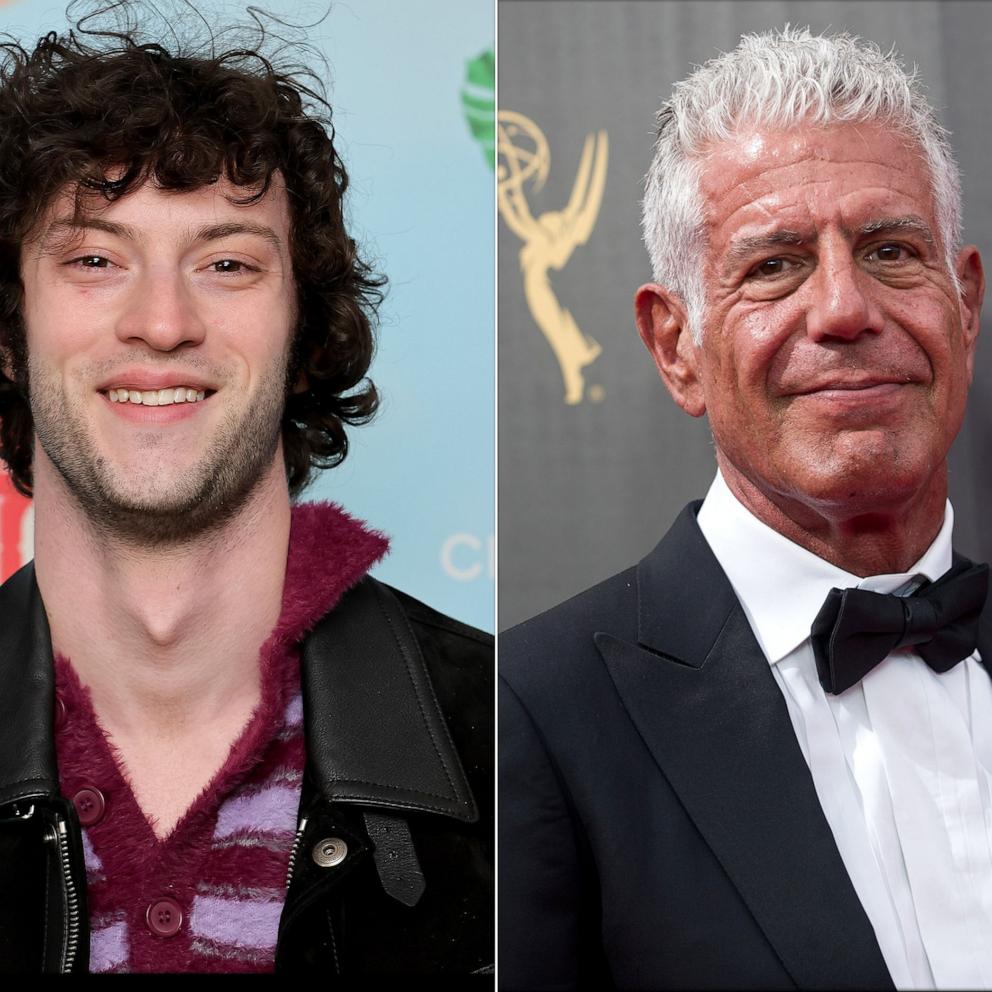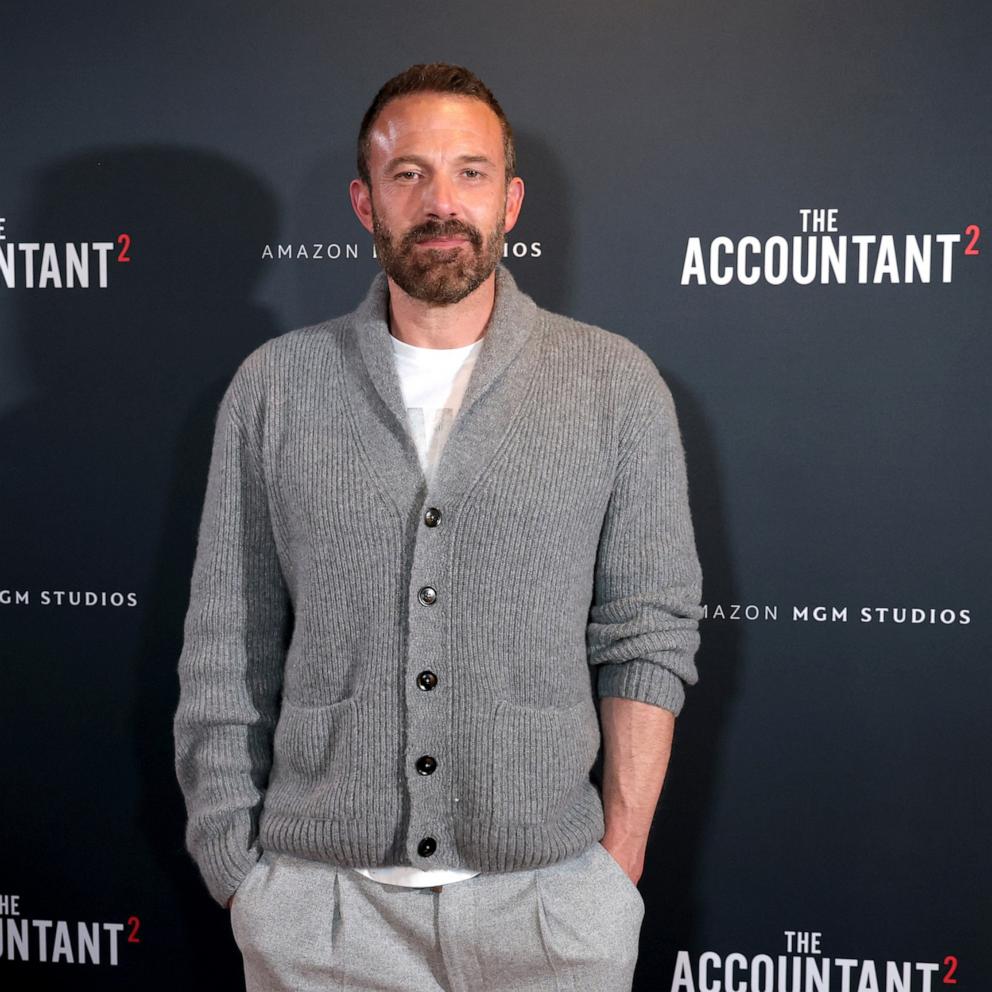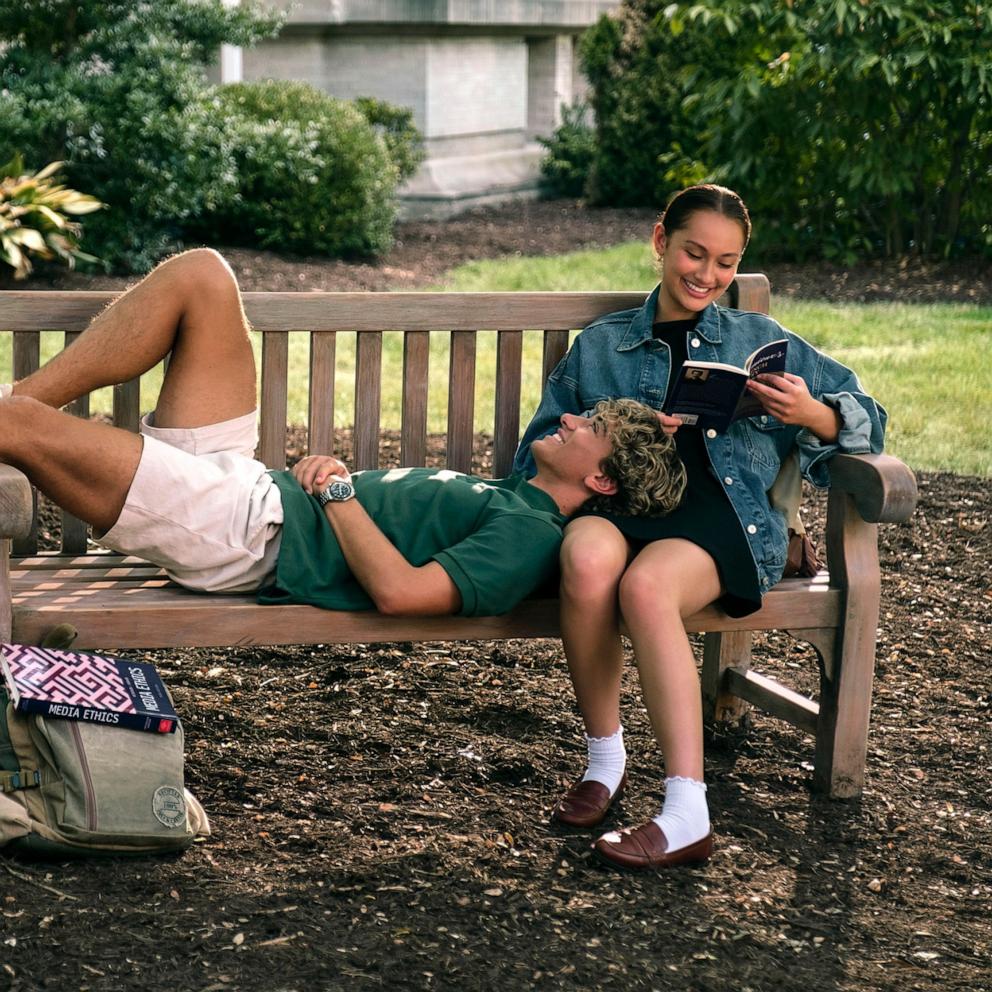REVIEW: 'Boston Strangler' is a rallying cry for justice

Debuting this week on Hulu, "Boston Strangler" jolts you with the chilling impact of the unexpected.
How so? By focusing not only on the 13 women between the ages of 19 and 85 who were murdered in the Boston area from 1962 to 1964, but on the two female reporters who broke the case when the police could or would not.
Recalling last year's "She Said," in which two women journalists from the New York Times helped bring disgraced movie mogul Harvey Weinstein to justice for sexual assault, "Boston Strangler" centers on how Boston Record American reporters Loretta McLaughlin (Keira Knightley) and Jean Cole (Carrie Coon) uncovered the shocking truth behind this reign of terror.

At the time, suspicion fell heaviest on Albert DeSalvo, a married father of two. As portrayed by Tony Curtis in the 1968 film "The Boston Strangler," DeSalvo suffered from a multiple personality disorder that left him unaware of his murderous side, a theory dismissed as Hollywood hogwash by later evidence that pointed to multiple stranglers.
Luckily, Loretta and Jean never bought into easy answers. And their dogged pursuit of the truth, despite rampant sexism in the newsroom and from the police and city hall, form the basis of a riveting detective story that still strikes a chord today as women struggle to be heard.
The British Knightley, sporting a spot-on American accent, is ideal casting as Loretta. Dismissed early in her career as eye candy in such films "Pirates of the Caribbean" and "Love, Actually," Knightley -- who went on to earn Oscar nominations for "Pride and Prejudice" and "The Imitation Game" -- could identify with Loretta's struggle to be taken seriously.
Reduced to lifestyle puff pieces by her newspaper, Loretta had to fight editor Jack Maclaine (Chris Cooper) to write a story about a pattern she saw in the early killings. When her reporting took on momentum, Loretta had to suffer the indignity of her boss bringing on the more experienced Jean Cole (the reliably superb Coon) to hold the Boston Police Department to account.

Eventually, Loretta and Jean morph into a united and driven dream team, with Loretta finding an ally in Detective Conley (a terrific Alessandro Nivola), who keeps her informed about the secret goings-on within the police department.
Boston-raised writer-director Matt Ruskin lets us see Loretta at home as a mother whose husband (Morgan Spector) pitches in when the strangler story dominates their lives. Jean's character is less fleshed out, though Coon -- she and Spector are brilliant as husband and wife on HBO's "The Gilded Age" -- is expert at finding meaning in the space between words.
There is also too little of DeSalvo (David Dastmalchian), except to show how he disguised himself as a handyman to talk himself into his victim's apartments. Perhaps this is done to throw suspicion on two other suspects, Daniel Marsh (Ryan Winkles) and George Nassar (Greg Vrotsos), whom DeSalvo met and reportedly colluded with in prison.
Since DeSalvo was stabbed to death in his cell in 1973 by an unknown assailant, answers remain elusive, though DNA evidence found in 2013 linked DeSalvo to the rape and murder of Mary Sullivan, 19, the last known victim. To this day, no one has been convicted of those crimes.
Kudos to Ruskin for sustaining an atmosphere of tension and dread that at its best recalls the David Fincher masterpiece "Zodiac," about another 1960s serial killer who evaded capture.
You leave "Boston Strangler" haunted by unsolved mysteries. Did DeSalvo, Marsh and Nassar conspire to throw police off or to collect reward money or to cash in on a book deal for DeSalvo organized by Nassar's lawyer F. Lee Bailey? Were one or all three guilty of these crimes?
You also leave "Boston Strangler" frustrated that this immense, immersive true-crime story has been squeezed into a two-hour movie instead of a miniseries with the time to fully develop the intricacies of a case that Loretta and Jane, both deceased, fought so hard to bring to light.
"Boston Strangler," flaws and all, makes sure that the light from their feminist fire won't go out. In its battle for the women who died at a killer's hands, this movie provides a forum for two exceptional actresses to mete out a rallying cry for justice. And that's worth celebrating.







